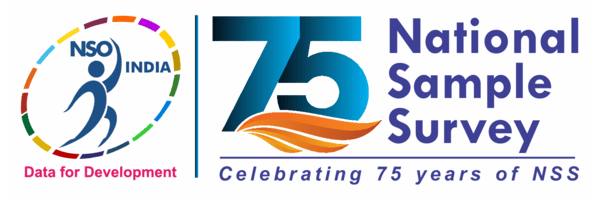| Value | Category | Cases | |
|---|---|---|---|
| 0 | NA / NR | 171805 |
37.4%
|
| 1 | Yes: Receiving formal vocational training | 1943 |
0.4%
|
| 2 | Yes: Received vocational training: formal | 5379 |
1.2%
|
| 3 | Yes: Non-formal: hereditary | 4640 |
1%
|
| 4 | Yes: Self-leanring | 3167 |
0.7%
|
| 5 | Yes: Learning on the job | 4679 |
1%
|
| 6 | Yes: Others | 1399 |
0.3%
|
| 7 | Did not receive any vocational training | 266772 |
58%
|

